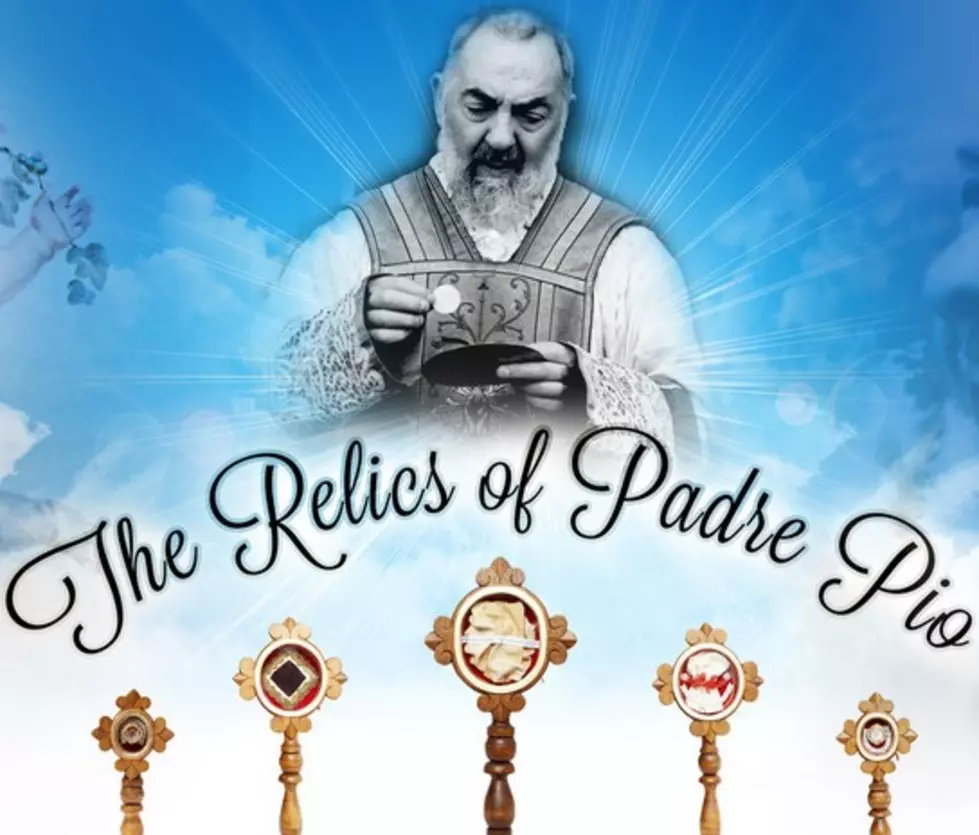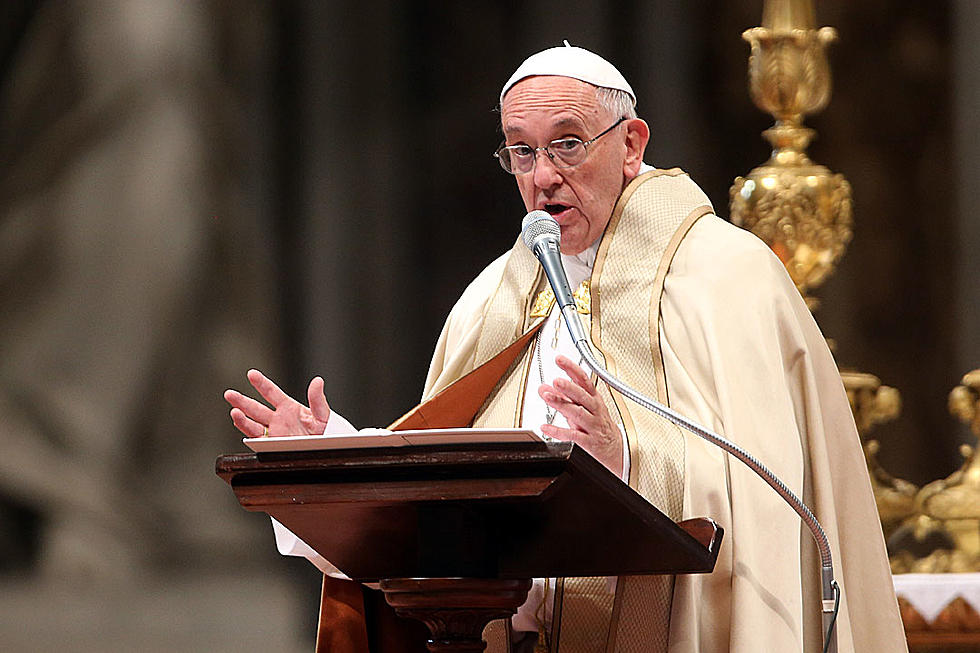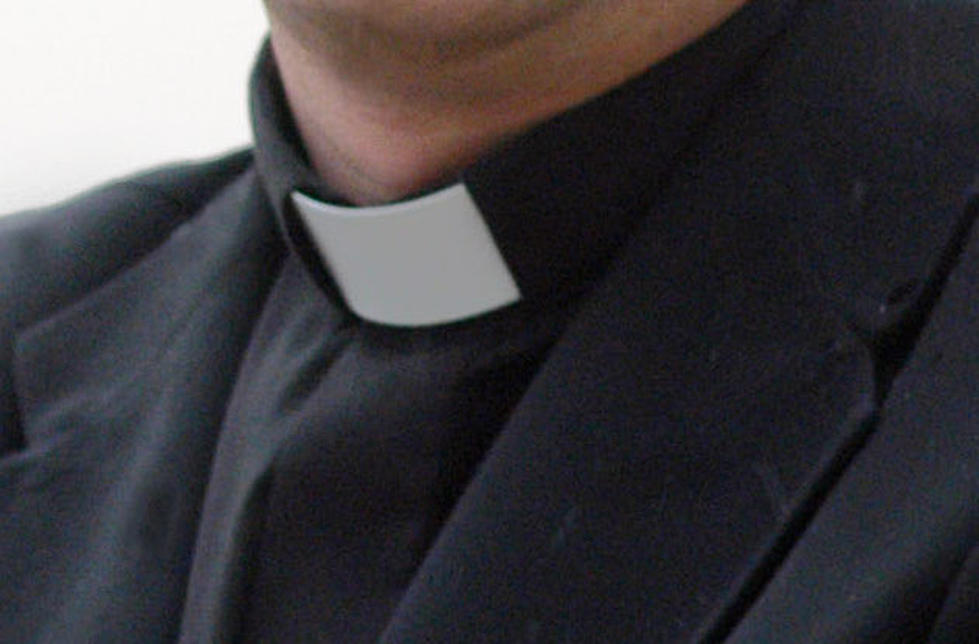
Relics, statue of St. Pio on display in Newark, NJ in September
NEWARK — Born Francesco Forgione in Italy in 1887, the famed Catholic priest who became known as "Padre Pio" was canonized by Pope St. John Paul II two decades ago.
In 1918, St. Pio became the first priest in the history of the Catholic Church to receive the stigmata wounds borne by Jesus Christ during his crucifixion.
He was a figure who "read your soul," according to Fr. Bismarck Chau, rector of the Cathedral Basilica of the Sacred Heart in Newark, which on Sept. 12 and 13 will host five relics of St. Pio and a life-sized statue depicting the blood of Jesus pouring into the priest's stigmata.

The relics are crusts of St. Pio's wounds, a piece of his mantle, blood-stained gauze, a sweat-soaked handkerchief, and a lock of hair.
"It could be a hand, could be a finger, could be a nail, could be the skin, could be a hair of the saint, but it's something personal from the saint. Could be an item that the saint used or had," Chau said.
It is the first time any of these will be shown in a public setting in New Jersey.
Chau believes the collection of items make for a powerful symbol.
"It is important because St. Pio was a powerful intercessor, really, very well-known for his time spent in hearing confessions of people," he said.
The presentation is made possible by the Saint Pio Foundation, which endeavors to make the relics available to those who can't travel to Italy.
The replica statue, and the tour of items as a whole, bears the title "I Embrace You," and coincides with the 20th anniversary of Pio's canonization as well as the 135th anniversary of his birth.
Chau knew nothing about Padre Pio, who died in 1968, until serving in Garfield following his ordination.
But he said he quickly gained an appreciation for the saint through prayer.
"I've had friends who were going to lose their home. They did not lose their home. I have another friend who was looking for a job. She found a job within the week that I told her to research this saint and pray to the saint," he said. "I really encourage people to get to know this man, this holy man, because he's special."
Anyone who would like to get to know St. Pio better can do so at the Cathedral Basilica of the Sacred Heart on Monday, Sept. 12 from 12 to 6:30 p.m., and on Tuesday, Sept. 13 from 8:30 a.m. to 6:30 p.m., after which a Mass will be celebrated by Newark Archbishop Cardinal Joseph Tobin.
For more information, visit saintpiofoundation.org.
Patrick Lavery is a reporter and anchor for New Jersey 101.5. You can reach him at patrick.lavery@townsquaremedia.com
Click here to contact an editor about feedback or a correction for this story.
LOOK: The most extreme temperatures in the history of every state
LOOK: 31 breathtaking images from NASA's public library
LOOK: What are the odds that these 50 totally random events will happen to you?
More From Beach Radio










